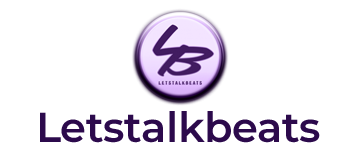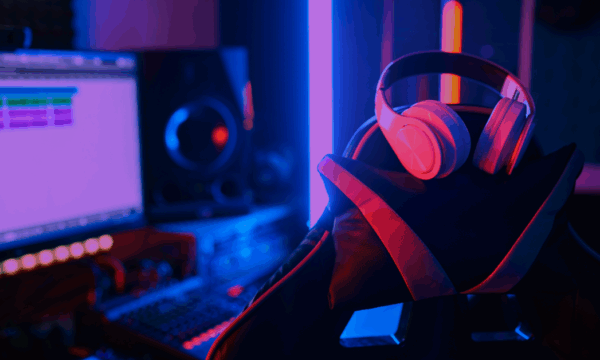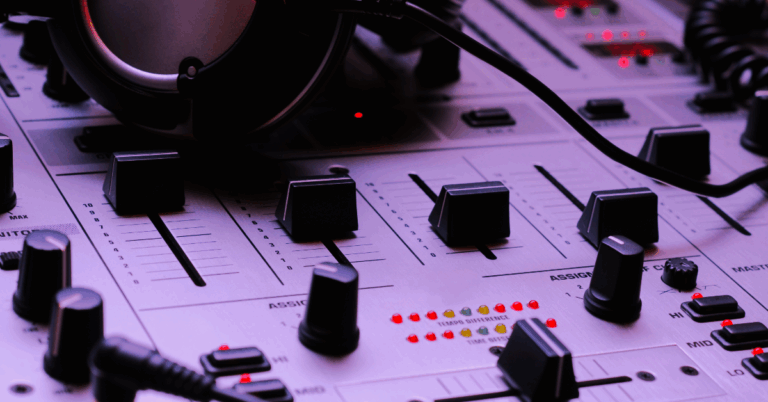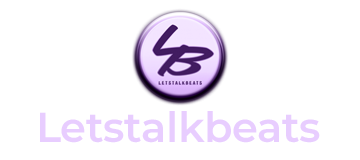Now that you have carefully selected your sounds and crafted your beat, it is time to optimize beat titles to help your music stand out in today’s competitive beat marketplaces. Just like search engines analyze page URLs to determine relevance, beat marketplaces, streaming platforms, and search engines analyze your beat titles. The way you name your beats plays a huge role in how easily your music is found by artists, listeners, and potential buyers. If you want to improve beat searchability, you must be intentional about your titles. Producers who take the time to choose clear, relevant, and searchable titles will naturally attract artists who are searching for beats that fit their creative needs.
When you optimize your beat titles, you create a better chance for your music to show up in search results, related track recommendations, and curated playlists. This ultimately gives your beats more exposure to rappers, singers, and content creators looking for the exact vibe you offer. A great beat deserves to be heard, and the right title helps it rise above the noise.
Choosing strong beat titles does not require complicated tools or coding knowledge. Instead, it involves a clear process built on understanding your target audience and using relevant keywords that describe your beat accurately and attractively. As you begin to apply these principles, you will see your beats gain better visibility, which can lead to more plays, more purchases, and more collaborations.
Choose a Keyword-Based Beat Title to Attract Artists
Every beat you upload should have a focused keyword or phrase that represents the vibe, emotion, or style of the beat. Especially when your goal is to improve beat searchability. This is an underrated way you can attract artists to your beat. Just like a website page URL includes its targeted keyword, your beat title should include key descriptive terms that reflect your beat’s identity. For example, if your beat is an energetic trap instrumental, your title might include words like “Hard Trap Anthem” or “Aggressive 808 Banger.” The keyword phrase becomes part of your beat’s searchable identity, helping attract artists to easily discover beats that match the sound they need.
When you optimize beat titles with the right keywords, you not only help search engines categorize your beat, but you also help potential buyers instantly understand what your beat offers. Artists who are looking for a certain vibe or energy often type in specific phrases, such as “melodic drill type beat” or “emotional piano trap.” By using targeted keywords in your titles, you greatly improve beat searchability and increase the likelihood that your beat will be suggested to the right audience.
Improve Beat Searchability with Descriptive, Clean, and Readable Titles
While some producers get creative with abstract or overly artistic names, this often hurts discoverability. To attract artists your beat titles should be clear, descriptive, and easy to read. Think of your title as a signal to both humans and algorithms. Avoid unnecessary symbols, random letters, or overly complex phrases. Instead, describe the beat in plain language that reflects its genre, mood, and main elements. This makes it easier for search engines and marketplaces to categorize your beat and easier for artists to find what they need.
Producers who take the time to optimize beat titles with readable, searchable text will see much better results than those who rely on vague or cryptic names. A clear title invites artists to click, listen, and consider your beat for their next project. In a highly populated market, clarity gives you an advantage to attract artists. If your beat is titled “Smooth R&B Type Beat with Jazzy Sax,” you are speaking directly to artists looking for exactly that sound. This approach will consistently help you attract artists searching for very specific vibes.
Optimize Beat Titles by Leveraging Consistent Naming Structures
Consistency matters when you are building your beat catalog. Using a clear and repeatable structure for your titles makes your collection look more professional and more searchable. Many successful producers follow a format that includes the vibe or emotion, the genre or type, and occasionally a reference artist. For example, you might title your beat “Dark Trap Type Beat – Travis Scott Vibe.” This kind of structure combines genre, mood, and inspiration into one clear package that boosts both beat searchability and attract artist appeal.
When you follow consistent naming practices, your entire catalog benefits. Over time, your beats will show up more often in search results for artists who are looking for certain types of beats. The more consistent your titles, the easier it is for your beats to be cross-referenced, recommended, and featured alongside similar tracks. This not only helps you improve beat searchability, but it also positions your catalog as a reliable resource for artists and collaborators.
Avoid Overstuffing or Misleading Titles
In your effort to optimize beat titles, it is important to stay authentic and avoid keyword stuffing. Using too many keywords or misleading tags may temporarily trick algorithms, but it often leads to lower engagement when artists realize your beat is not what they expected. Always use keywords that genuinely describe your beat’s vibe and style. Accuracy builds trust, keeps listeners engaged, and increases repeat plays and purchases.
Producers who attract artists consistently are those who deliver exactly what the title promises. If your title says “Emotional Piano Trap Type Beat,” your beat should deliver that emotion and piano-driven sound. When your titles match your content, you build credibility and loyalty with your audience.
The Type Beat Strategy: Upside and Downside
One of the most common methods producers use to optimize beat titles today is the popular type beat strategy. This approach involves naming a beat after the kind of artist the beat is inspired by, such as “Drake Type Beat” or “Rick Ross Type Beat.” Since many artists search for instrumentals based on artists they admire, this method has proven highly effective at helping producers improve beat searchability and show up in marketplace and YouTube searches where artists are specifically looking for certain vibes.
We have always approached this method carefully. As creators focused on crafting original beats, we never built music solely to mimic another artist’s sound. Our goal has always been to create music that speaks to our own creative vision, not simply chase trends. However, we did experiment with variations of the strategy by using mood-based titles such as “Confident Type Beat,” which center around a feeling or energy instead of directly referencing another artist. This allowed us to capture the emotional intent of a track while keeping our work original and true to our sound.
There are clear upsides to using type beats to attract artists. It allows producers to tap into existing search demand and be discovered by artists who are inspired by major stars. For newer producers, this strategy can generate exposure, streams, and sales more quickly since many artists search using these phrases.
At the same time, there are potential downsides. Over-reliance on artist names can lock producers into chasing trends instead of building their own unique brand. It may also result in highly competitive search spaces where thousands of producers are competing for attention under the same artist name. Furthermore, as copyright rules evolve, some platforms may scrutinize or limit titles that heavily reference artist names, especially when monetizing content.
Ultimately, whether or not you use type beats to optimize beat titles depends on your long-term goals as a producer. If you choose to use this strategy, do so with intention and balance. Some producers blend artist references with emotional or genre-based descriptors, combining searchability with originality. Others focus entirely on building their brand identity through unique and mood-driven titles. Both paths have value, as long as your beat titles truthfully represent your work and help you attract artists who connect with your sound.
Final Thoughts The Power of Optimizing Your Beat Titles
Taking the time to optimize beat titles is a small effort that produces huge results. In today’s music landscape, where thousands of beats are uploaded daily, clear and accurate titling helps you improve beat searchability and attract artists who are actively searching for your exact vibe. Just like SEO for websites, beat title optimization gives your beats a competitive edge. The more searchable your titles, the more opportunities you create to connect with artists who need what you’ve created. Strong titles build stronger visibility, and stronger visibility leads to real growth.
Justin David
Creative man • Philosopher • Artist • Producer







